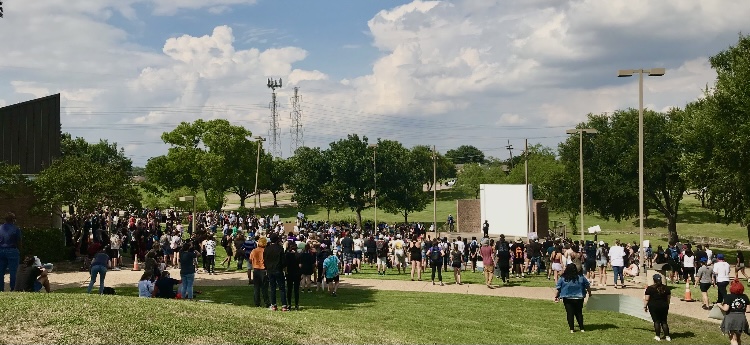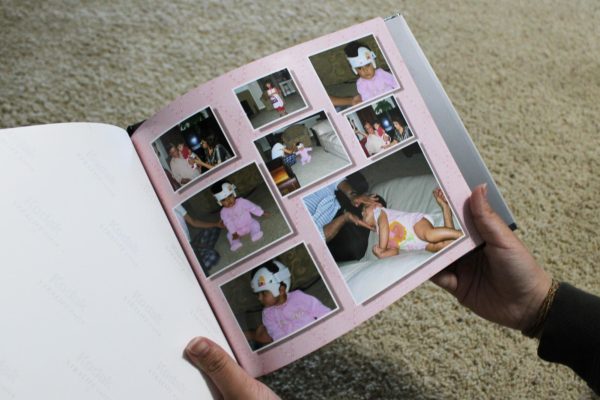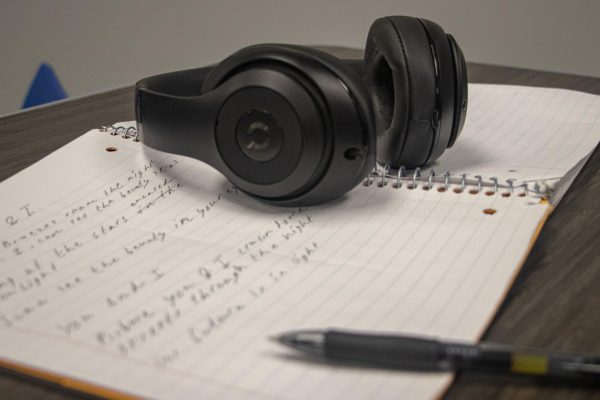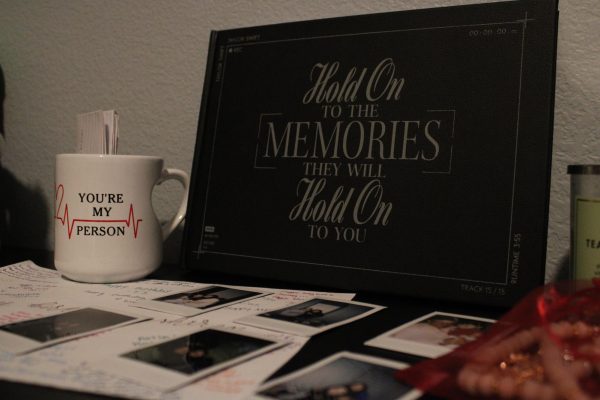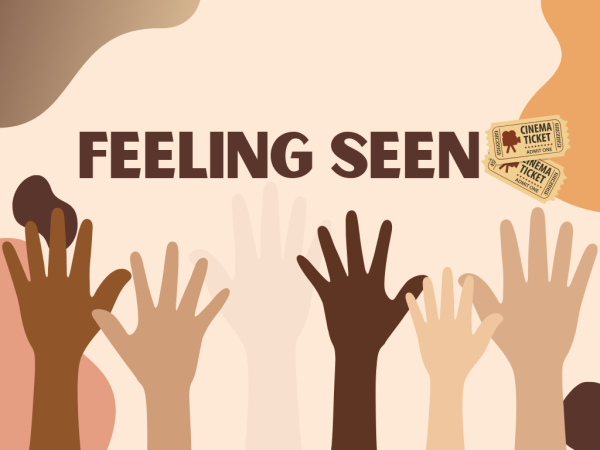Opinion: The illusion of politics, how to play the game
Before I left “The Hawk Eye,” I wanted to write a piece about my unusual experience with politics over the past few years and advice for underclassmen hoping to make a difference in the world. Here is a guide to the illusion of politics and how to play the game:
Over the past three years, I’ve been extremely involved with politics. I vaguely paid attention until my freshman year when I had Mr. Willard for English I. After getting a crash course in Marxism and political bumper stickers, I started learning everything I could about politics.
In 2018, I joined Junior State of America (JSA), a non-partisan political activism club, which I later became Vice President of in 2019. JSA turned into a political discussion club, where various perspectives on controversial issues were shared. I also joined the March For Our Lives chapter in McKinney and began going to meetings to learn how I could help fight gun violence.
In 2019, I ran multiple voter registration drives, spoke about immigration policy at the Walk For the Children demonstration at Hebron and volunteered with Andrew Yang’s presidential campaign. In 2020, I started an internship with The Borgen Project, a non-profit dedicated to fighting global poverty, where I researched and wrote weekly articles, learned how to lobby Congress and fundraised $300. Additionally, I co-organized a peaceful protest against police brutality and systemic injustice this past June with an 800-person turnout.
As I have gained experience in the political system and began to see how things work, the hard truth that has stuck with me is that nothing is what it seems. Politicians, the mainstream media or anyone in a position of authority will lie with a smile on their face, and the general public will never know any better. Although this was hard to come to terms with, I now understand how the game is played and how it affects normal people. Here are a few key lessons that I’ve learned over the years.
You can’t fight a missile with an Instagram post
Spreading awareness about issues is important; however, awareness is not equivalent to action. Many high school students think a complex social issue can somehow be fixed with an infographic posted on their Instagram story, and believing this will set these individuals up for constant failure. Activism is not a social media trend, and it should not be treated as such. The people in power are the ones who decide where missiles are launched, and they do not care about the activism account you follow on Instagram.
Keep in mind that I am saying this as someone who used to post political infographics nonstop; I had multiple highlight reels with links to different policies and issues that I wanted people to learn about, and I eventually realized there was not a point anymore. All I was doing was turning complex issues into five-word posts or short soundbites, which does the opposite of spreading awareness — awareness requires in-depth research, which cannot be achieved with a meme.
Understand the difference between politicians placating and truly caring
Throughout my experience with activism, I have learned politicians do not actually care — they will do and say anything to stay in power. For example, with the recent resurgence of the Black Lives Matter movement, politicians pretended to care to appease social media mobs and went back to normal weeks later. Regardless of their personal opinions, politicians say what people, especially political party leadership, want to hear and wait for the news cycle to move on. It is extremely difficult to find a politician who is genuine and cares, so when one does come along, support them and do not take them for granted.
Politics revolve around money, not beliefs
Nearly every politician will change their beliefs for money, and it is very rare to find a politician who changes their mind purely because their opinion has changed. Politicians rarely achieve the goals they campaign on because they are not campaigning for policies, but rather for money. Money also decides which issues are important: the more funding, the more attention. Even if a different issue should be getting more airtime, those with the funding will push the issues they want the public to be focused on. Essentially, politicians and the media control what issues we see and discuss, as well as the extent to which we do so.
If you have ever paid close attention to an election cycle, you will start to notice a common trend. After a candidate receives a donation or funding, they either release a statement or start to change their policies to what the donor wants it to be. If they don’t, they lose the money or the donors will not donate again, putting politicians in an endless cycle of compromising their beliefs to stay in the race. This cycle continues once politicians are elected as they need funding to get re-elected.
Almost everything you see online is a lie
One of the most important truths in politics is nothing is real. Nearly every elected official will lie to you, and unless you have the time to do in-depth research, it is very hard to find out who is lying. Politicians will use anything to further their party’s agenda — for example, it is not a coincidence that masks became political.
Politicians see citizens as “useful idiots,” which is a term historically used to describe people who spread propaganda for a cause they do not understand. By keeping average people confused and apathetic about politics, politicians can get elected without actually doing anything but lying. Take nothing at face value, try to find independent journalists whom you trust and research everything to the best of your ability.
There is very little you can do to change things, so choose your battles wisely
The most depressing but extremely important lesson I have learned is although anyone can try their best to make a difference, change is rare and does not come easily. Most political issues are not something that can be solved by a petition or letter, which is something many younger people do not understand yet.
Pick your battles surrounding issues important to you, and find the best people to talk to about these things. For example, Senator Ted Cruz will not care about the Carrollton Police Department, but the police chief of the department will absolutely care. Local issues are much more accessible than state or national issues, so focus on fighting the small battles to have a chance at winning a bigger battle in the future.
That being said, if you choose to pursue activism and social justice, you have to understand that most of your actions will rarely make a significant impact. Activism requires hard work and an incredible resilience to failure, and it takes so much more than posting an Instagram story. If you want to make a difference, you will have to work within the system to get the system to change. I will not be going into politics because I mentally cannot handle playing the game anymore. Politics is depressing and corrupt, and more than likely, it will take years before things get better.
I have dreamed about going into politics since I was 14, but after all I have learned over the years, I have decided to major in History and Journalism instead. Maybe someday I will make my way back to politics — only if there is a significant change in how the game is played — but in the meantime, I will continue to fight the small battles, and I hope those reading will do the same.

Senior Jacquelyn Burrer is a reporter and this is her first year on staff. She loves drinking coffee, playing the flute, studying history and reading books.



